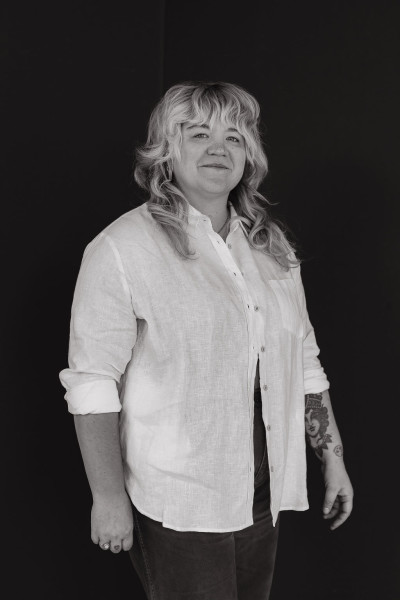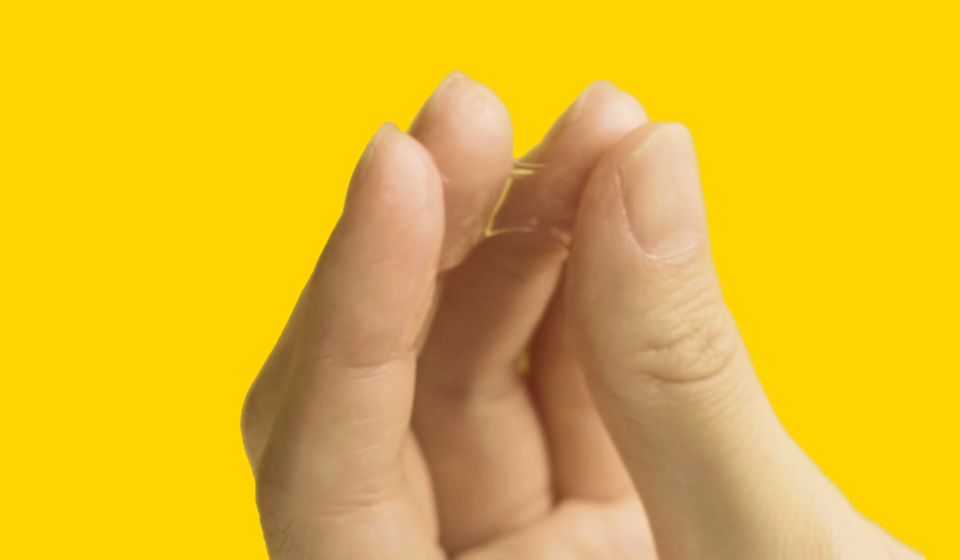Essential Takeaways
• Not everyone gets pregnant on the first try. Everyone’s pregnancy journey is different and sometimes it takes a little while to get there.
• Getting to know your body will give you the power you need to make decisions during the journey.
If you know only one thing about trying to conceive, let it be that everyone’s experience is different and that many factors contribute to your own pregnancy timeline. Fertility research tells us that there is a 30% chance of spontaneous conception in the first month of trying, and that chance steadily reduces to around 5% by the end of the first year. (1) As people get older, the margins widen, and by 35-39 years old, the chance of conceiving spontaneously is about half that of people aged 19-26 years old. (1) This spectrum of experience opens up conversations among friends, family, and, sometimes, even strangers about how long it took them to conceive, and from there, expectations and narratives are born.
People can get pregnant on the first try with one pregnancy and then discover it takes weeks, months, or years to conceive their next. For other people, getting pregnant at any age is a process that requires fertility treatment and support, and even then, it might not end in a viable pregnancy. And when the stakes are high, it’s difficult not to absorb what’s happening around you. When everyone else’s pregnancy timeline seems to be moving forward, settling into your own journey is hard. According to our surveyed Essential Prenatal customers, we found that 87% of people surveyed feel overwhelmed about trying to conceive, 81% say the process has been more challenging than they expected, and 69% say they underestimated the time it would take to get pregnant.
Seeking to normalize the variety in experience of trying to get pregnant and the time it might take, we asked four Ritual staffers to share their story – and the journey it took to get there.
When trying to conceive takes over.
“I’ve made so many lifestyle changes it almost feels like a full-time job,” Chelsea, 33, tells us. “I’ve changed my diet, morning routine, supplements, workouts, and work hours, and I started acupuncture weekly. It’s hard to make sure that I’m not letting trying to conceive become my personality when it’s resulted in so many changes.” Chelsea has been trying to get pregnant for the last five months, taking an approach that involves preconception blood panels, ovulation testing, basal body temperature checks, and regular pregnancy tests.
“Unfortunately, I’m not in a timeframe where I can see a fertility specialist,” she explains, “but I have worked with a nutritionist and fertility awareness educator to try to get support with making adjustments based on some of my test results.” Being patient and seeking support are key, too: “I'm really, really fortunate to have a community of friends who are trying to conceive or have recently gone through it, along with just really knowledgeable people in my life. There's no shame in the challenges we face, it's way more common than you think, and there's no reason to go the path alone if you don't have to.”
Moving forward after a loss.
Early pregnancy loss occurs in about 10 of every 100 known pregnancies (2), and while this is a common shared experience, the way people cope with loss is varied and complex. Even if you feel ready to try again right away, it’s important to allow your body and mind time to process and heal after it happens. Laura T., 39, experienced a miscarriage after months of trying to conceive and it took time before she felt mentally and physically ready to try again. “At first it was exciting,” Laura T. shares, “then I realized how hard it was to actually get pregnant— and then after the miscarriage happened, it was scary.” Two years later, she was pregnant again: “Once I got pregnant the second time, I was nervous about what would happen, and while trying to conceive I tried every reasonable ‘myth’ to improve my probabilities.”
Her advice for others who are navigating trying to conceive after a loss? “Everyone's journey is unique. Even if you get pregnant twice, the journey will be different. Practice self-compassion, self-love, and self-care to help you through it.”
When trying to conceive hits different each time.
Latifah, 31, tracked her ovulation when trying for her first child five years ago, and became pregnant on the first try. Cut to four years later and after periods of actively trying, not trying, and not not trying, she’s now enlisted the support of a fertility specialist. “My experience has been interesting and challenging going from a super easy conception with my first child to a struggle with birthing my second, as my issues have not been about getting pregnant, but actually being able to carry a child to full term,” Latifah shares. “I don’t know many others with a similar experience, so I’m always open to share mine in hopes that someone else can feel less alone in theirs.”
Latifah’s fertility specialist got her into testing and was able to quickly identify a possible cause for her losses, something her OBs over the years were unable to offer – “they said nothing was wrong and that there was no reason for my recurrent miscarriages.” But despite all the highs and lows, she says that the experience has only made her more intune with her own self: “I don’t ever question why things happen. I only question what I am learning.”
Navigating fertility support.
“The sooner you know what your options are, the better,” Erin, 35, explains. “It can be a very long, expensive, and emotional process, and it took me a long time not to tear up any time someone asked me about trying or IVF. I know a lot of people who have done IVF, I just didn’t think this would be my journey.” After a year of fertility support, Erin is currently pregnant and her baby will be born just one month after her 36th birthday. “There are so many paths forward and while it’s important to listen to your doctor, I also found it extremely helpful to talk to a lot of other people who have been through it, and do my own research so that I could ask better questions.” In addition to IVF, Erin also made some slight shifts to her lifestyle: “I Iive an active lifestyle and eat pretty healthy, so the only real changes I made were becoming more diligent about taking my prenatal every day and switching out a few skincare products.”
Supporting your own pregnancy timeline.
The process of trying to conceive can be one of the loneliest and most stressful times in people’s lives. And because humans like to connect over shared experiences, there will always be someone eager to answer when you start asking, but “how long does it take to get pregnant”. Your friend/ sister/ colleague/ random stranger at the coffee shop’s experience is not your own, so take what serves and leave the rest. If you can access fertility support, utilize it as soon as it makes sense to. Consider changing your lifestyle to better support the body by adding lots of wholesome nutrition, maybe drinking less caffeine, and reducing stress levels. (1)










